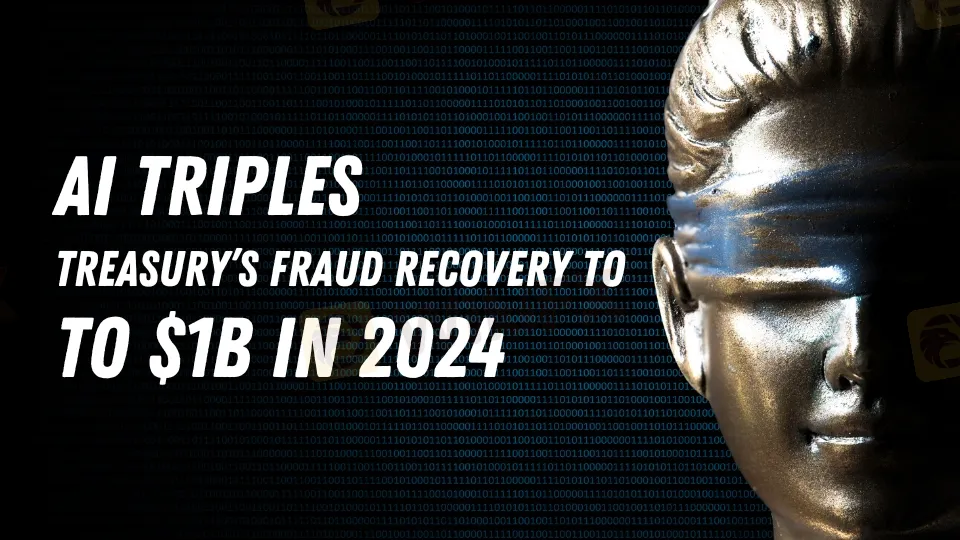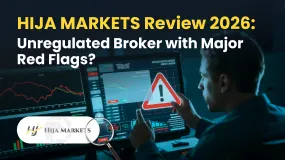Abstract:The U.S. Treasury's use of AI for fraud detection leads to a significant increase in recovery, reaching $1 billion in fiscal 2024, thanks to machine learning.

The U.S. Treasury Department has achieved significant success in combating financial crime by adopting artificial intelligence (AI), recovering an impressive $1 billion in check fraud during fiscal year 2024. This marks a nearly threefold increase compared to the previous year and underscores the transformative role AI plays in fraud detection.
Treasury officials attribute much of this success to machine learning, which enabled the department to detect and prevent over $4 billion in fraud—a sixfold increase from the prior fiscal year. Renata Miskell, a senior Treasury official, emphasized that AI's ability to identify hidden patterns and anomalies in vast datasets has substantially improved the department's fraud detection capabilities.
The Treasury‘s journey into AI began in late 2022, aligning its efforts with the established practices of banks and credit card companies. Unlike generative AI models, which focus on generating text and images, the Treasury's system employs machine learning to analyze data and identify suspicious activity at speeds far beyond human capability. This speed is crucial, given the Treasury’s responsibility for managing an annual payment volume of around $7 trillion, including Social Security payments, tax refunds, and federal payroll.
The rise in fraud, particularly following the COVID-19 pandemic, has highlighted the importance of AI in protecting taxpayer dollars from scams. Despite these advancements, concerns about AIs potential misuse by bad actors have surfaced. Treasury Secretary Janet Yellen and other officials have warned about the risks AI could pose to the financial system.
In response, Miskell assured that human oversight remains a critical part of the process. Every flagged transaction undergoes a thorough review by a human before any determination of fraud is made, ensuring that AI enhances, rather than replaces, human judgment.
As the Treasury expands its AI initiatives, it is working with state agencies to improve fraud detection tools, especially in areas like unemployment insurance fraud. The IRS has also announced plans to use AI to identify tax evasion schemes, reflecting a broader trend among federal agencies to adopt technology for financial oversight.
Final Thoughts
The U.S. Treasurys successful integration of AI in fraud detection demonstrates the power of technology to strengthen financial security while highlighting the need for balanced human oversight. As fraud schemes grow more sophisticated, the continuous evolution of AI tools and practices will be essential to protecting taxpayer funds and maintaining trust in the financial system.










